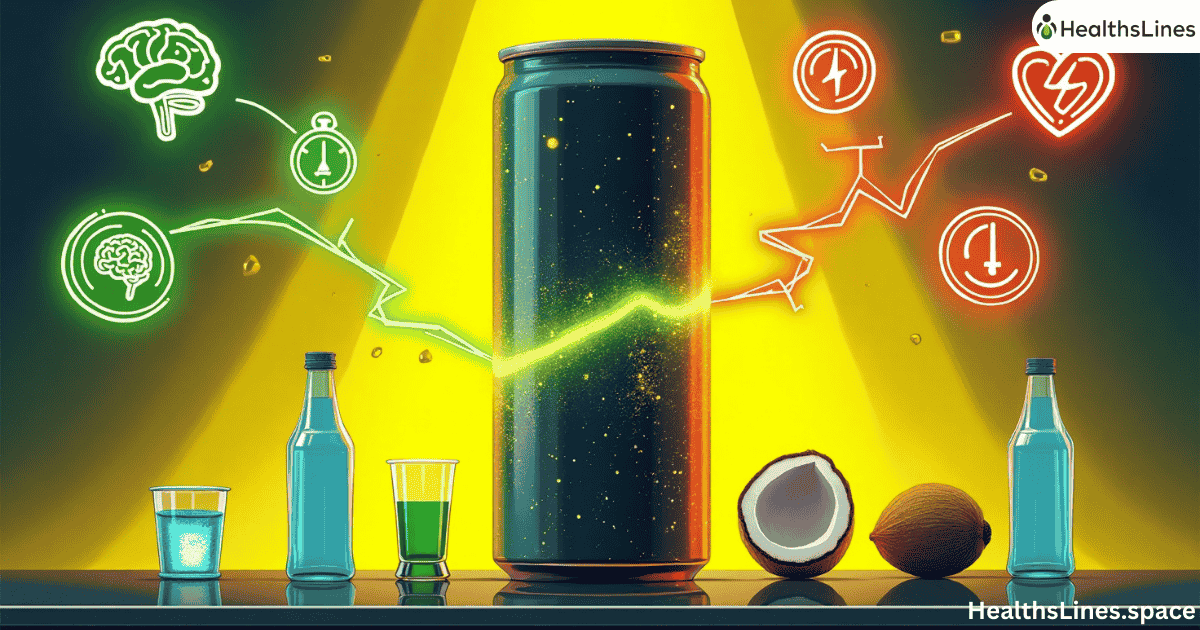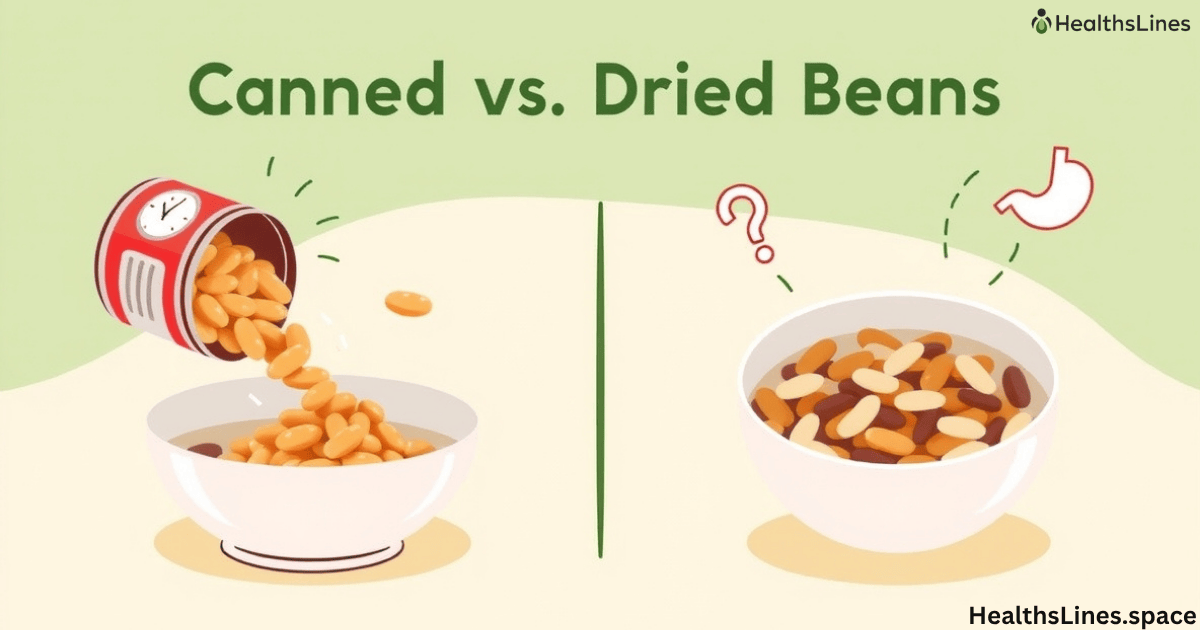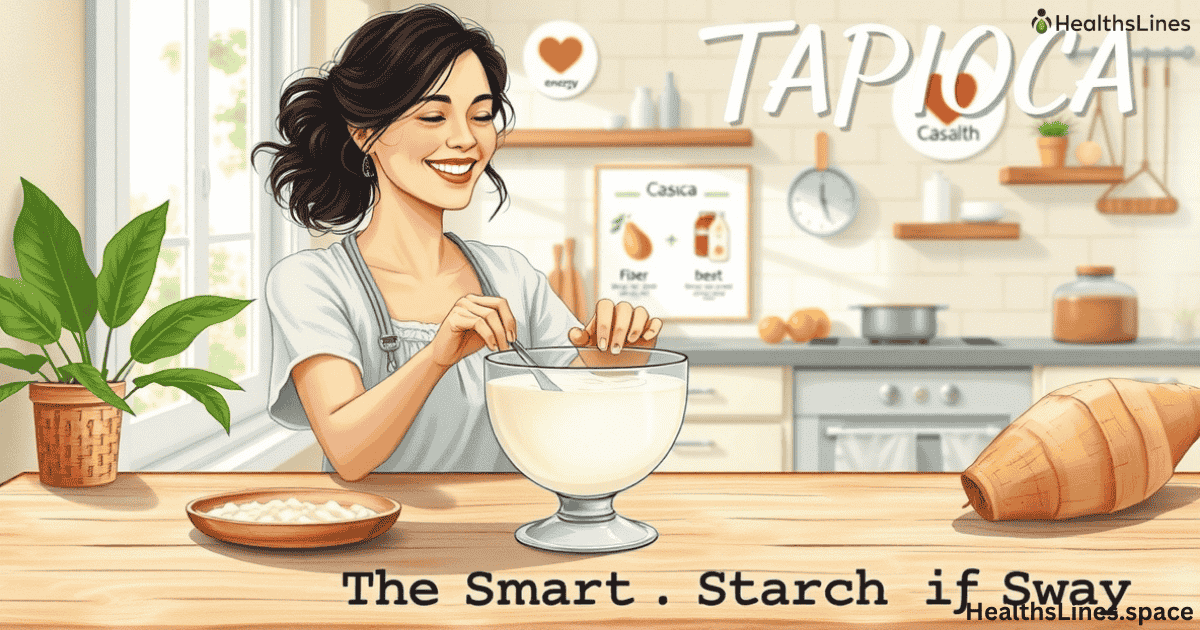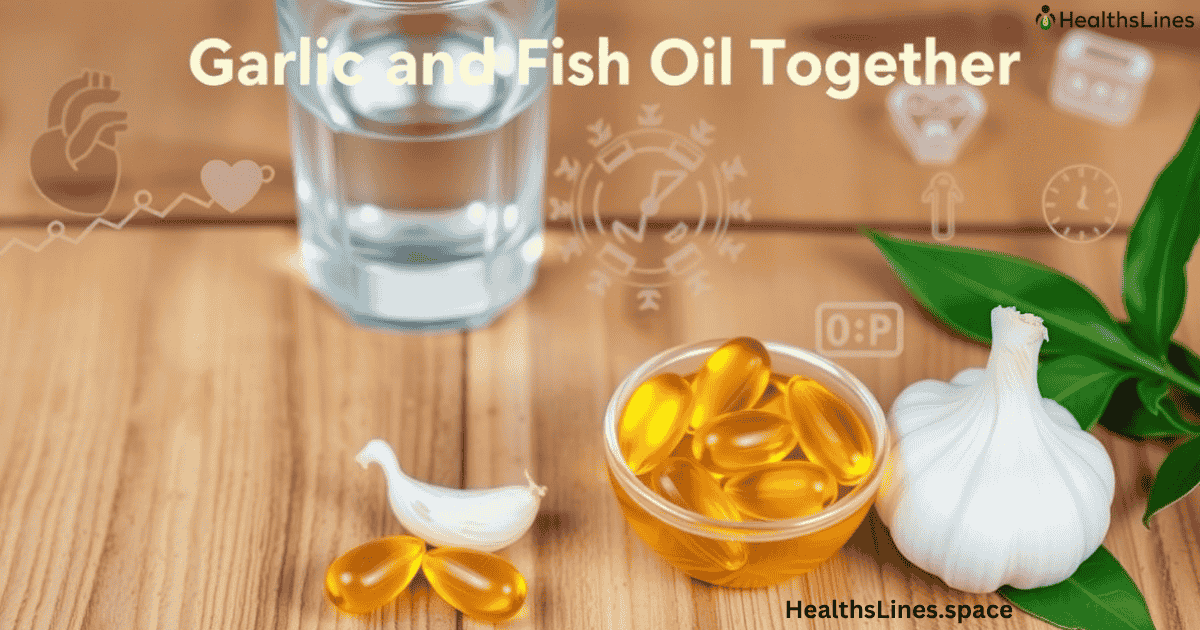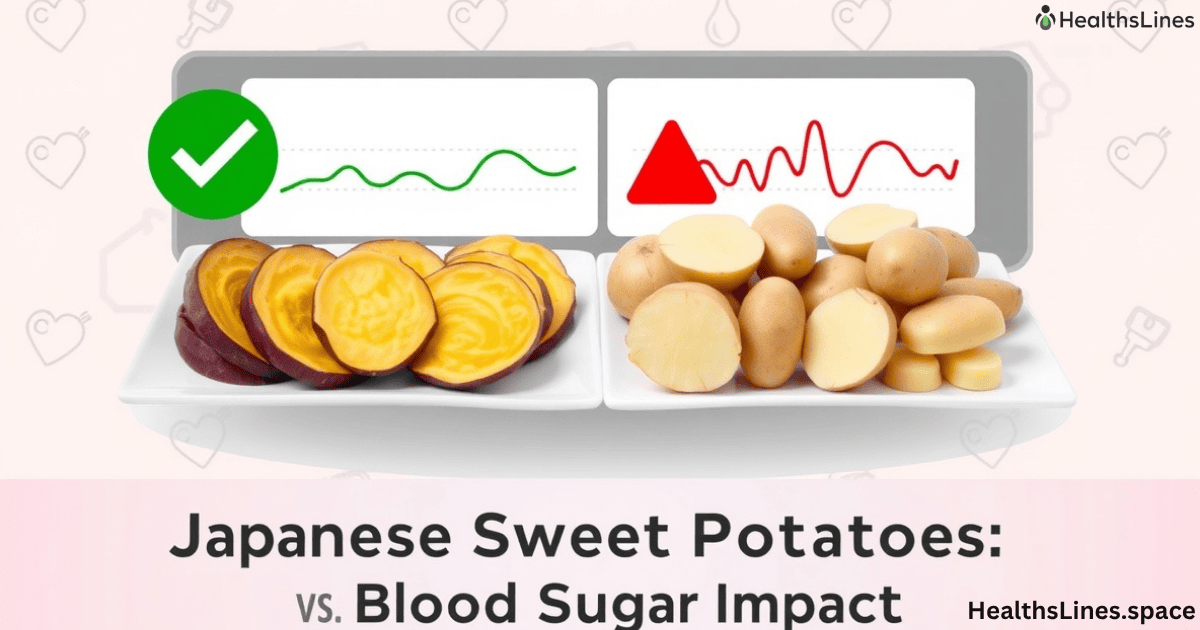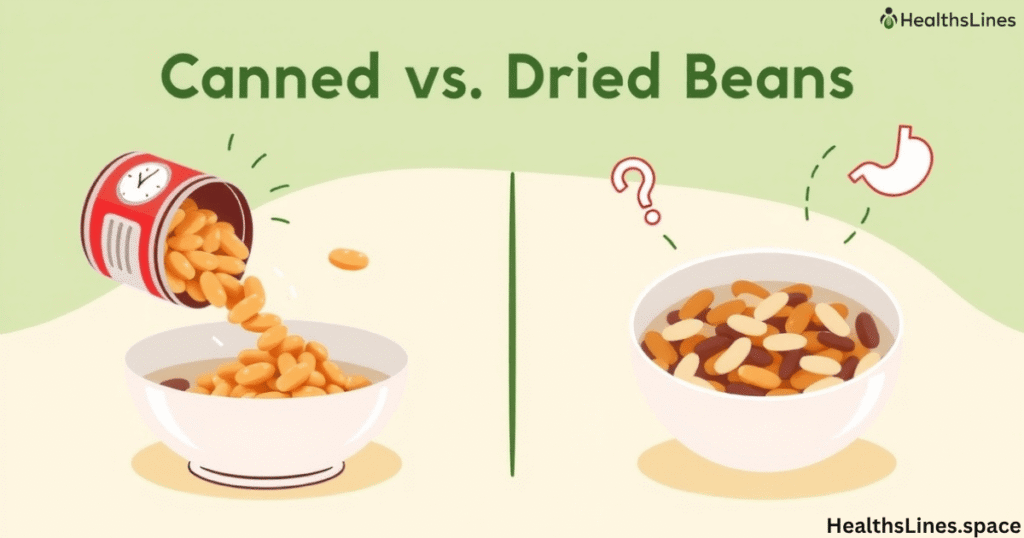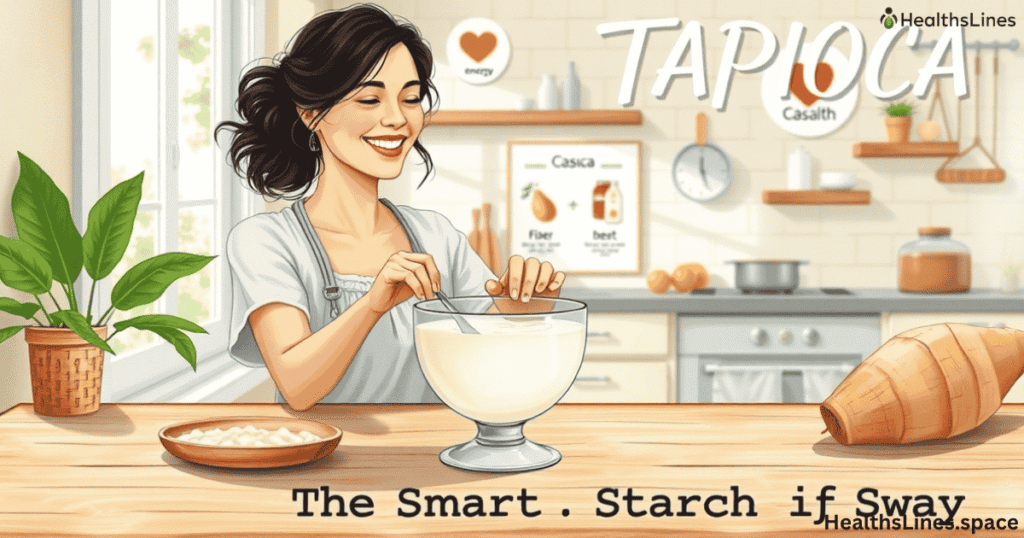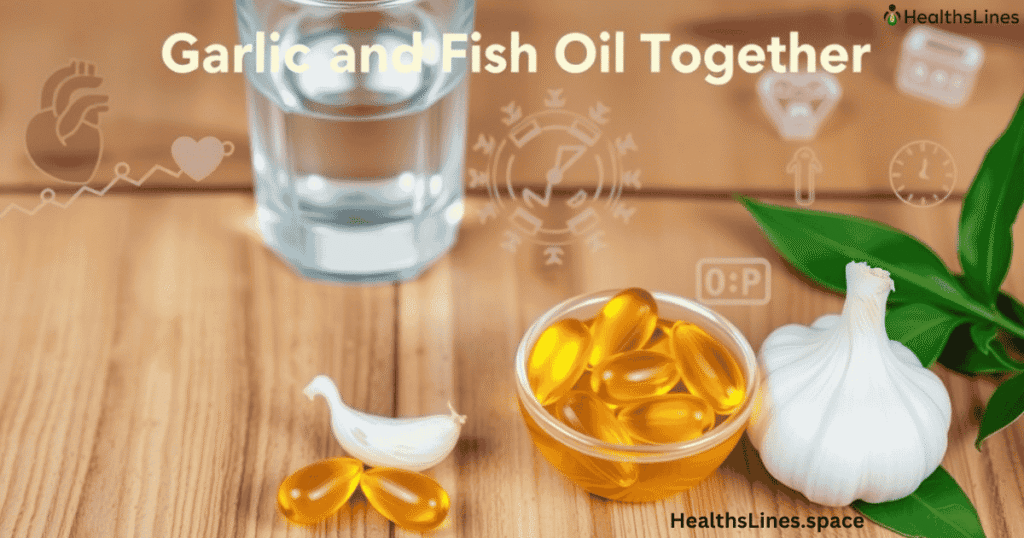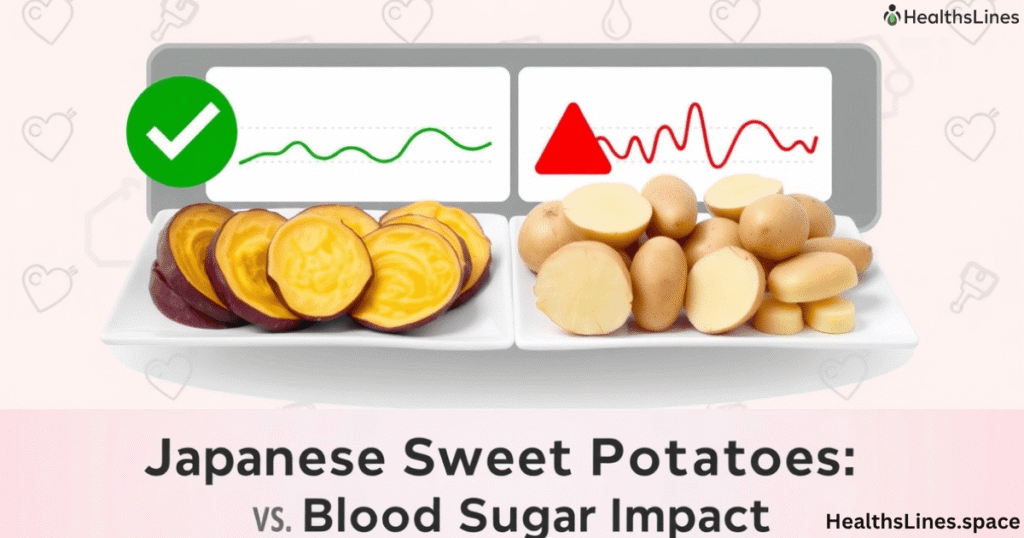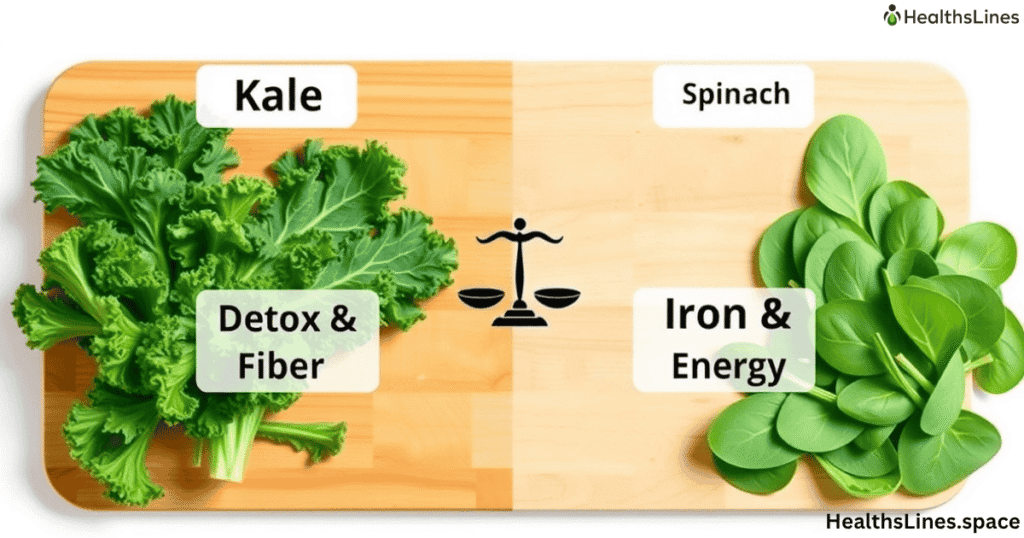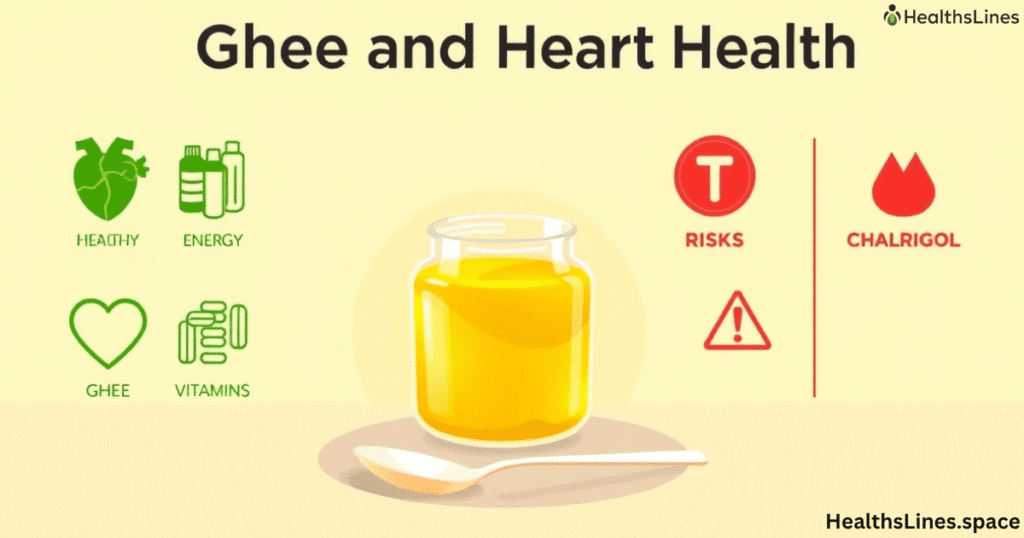Energy drinks and health are everywhere. Kids see them in stores, athletes drink them before practice, and workers use them to stay awake during long shifts. The cans look exciting, full of colors and slogans that promise power and focus. But what’s really inside them? Do they help or hurt your health?
This guide explains everything you need to know about energy drinks in simple words. You’ll learn about what’s in them, how they affect your body right away, what can happen if you drink them too often, and how to use them safely. We’ll also look at better ways to boost your energy without the same risks.
What’s Inside an Energy Drink?
Energy drinks aren’t just flavored soda. They are packed with caffeine, sugar, taurine, guarana, and B vitamins. Caffeine is the main player. It wakes you up, makes you alert, and helps you stay focused. But too much can make you shaky or anxious.
Sugar adds sweet taste and quick energy, but it’s not healthy when taken in large amounts. Some cans have more sugar than a bottle of soda. Taurine and guarana are natural stimulants. They sound harmless, but together with caffeine, they push your body harder than you might expect. B vitamins are often listed on the label, but in truth, most people already get enough from food.
Here’s a quick look at how much caffeine and sugar in energy drinks compares to coffee and tea.
| Drink | Caffeine (mg per can) | Sugar (g per can) |
| Red Bull (250ml) | 80 | 27 |
| Monster (473ml) | 160 | 54 |
| Rockstar (473ml) | 160 | 63 |
| Standard Coffee (240ml) | 95 | 0 |
| Matcha Tea (240ml) | 70 | 0 |
This table shows why many doctors warn people to pay attention. Some drinks have nearly double the caffeine of a cup of coffee, plus loads of sugar.
Short-Term Effects on Your Body
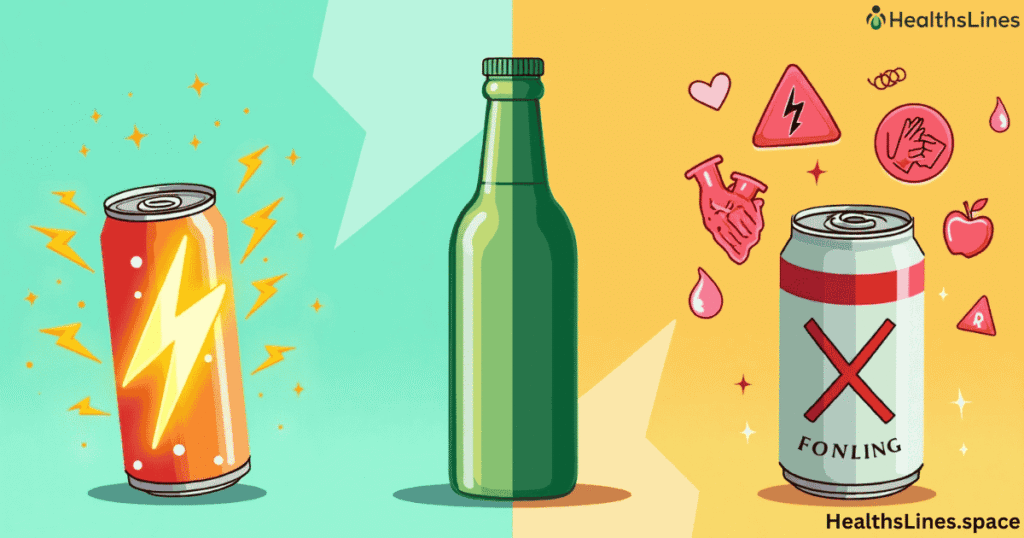
After drinking one, you may feel more awake and focused. That’s the energy drink benefit most people want. Athletes sometimes use them for a short performance push. Students grab them to study late at night.
But the energy drink side effects can hit quickly too. Many people feel restless, shaky, or anxious. Your heart may beat faster, and you may need the bathroom more because caffeine makes you lose water. If you drink one late in the evening, you may have trouble sleeping. These sleep problems from energy drinks happen because caffeine blocks signals that tell your brain to rest.
Long-Term Health Risks of Energy Drinks
The real danger comes with long-term use. Studies show that heart health and energy drinks don’t mix well. Drinking them often can raise blood pressure and increase the risk of arrhythmia and energy drinks, which means an irregular heartbeat. For people with hidden heart issues, even one can cause trouble.
Kidneys also take a hit. Caffeine is a diuretic, so it makes you lose fluids. Over time, this can cause strain. Sugar adds another layer of risk. High sugar in energy drinks raises your chance of weight gain, type 2 diabetes, and metabolic problems.
Another problem is energy drink addiction. Some people can’t start the day without one. When they try to quit, they feel energy drink withdrawal symptoms like headaches, tiredness, and mood swings. Overuse also hurts mental health, making anxiety and stress worse.
Are There Any Real Benefits?
Marketers say energy drinks make you smarter, faster, and stronger. The truth is less exciting. Yes, there are some energy drink benefits. For a short while, caffeine and sugar give you focus and energy. Drivers may stay awake on long trips. Athletes might feel stronger for a short workout.
But these benefits are small compared to the risks. A cup of green tea vs energy drinks shows how natural options work better. Tea gives a smoother, longer-lasting boost without the crash. Coffee vs energy drinks also proves that coffee gives alertness with fewer extras like taurine or guarana. B vitamins in energy drinks sound healthy, but they don’t add much if you already eat a balanced diet.
Who Should Avoid Energy Drinks?
Doctors say some people should stay away completely. Teenagers are one group. Can teenagers drink energy drinks safely? No. Young bodies react more strongly to caffeine, and studies show higher anxiety, poor sleep, and even behavior issues when teens drink them often.
High caffeine may affect the baby’s growth. People with heart disease, high blood pressure, or anxiety disorders are at high risk too. Many hospitals have reported cases where patients landed in the ER after energy drink overuse. For these groups, the dangers far outweigh the benefits.
Safe Consumption Guidelines
So, how many energy drinks per day is safe? Experts say healthy adults should stay under 400mg of caffeine daily. That equals about two cans of standard energy drinks. But if you drink coffee too, you may go over the safe limit without noticing.
There are simple steps for safe energy drink consumption. Drink plenty of water, avoid them before bed, and never drink them on an empty stomach. Most importantly, avoid mixing alcohol and energy drinks. The caffeine masks how drunk you feel, and that can lead to drinking more than your body can handle. Following caffeine safety guidelines helps reduce risk.
Healthier Alternatives for Energy Boost
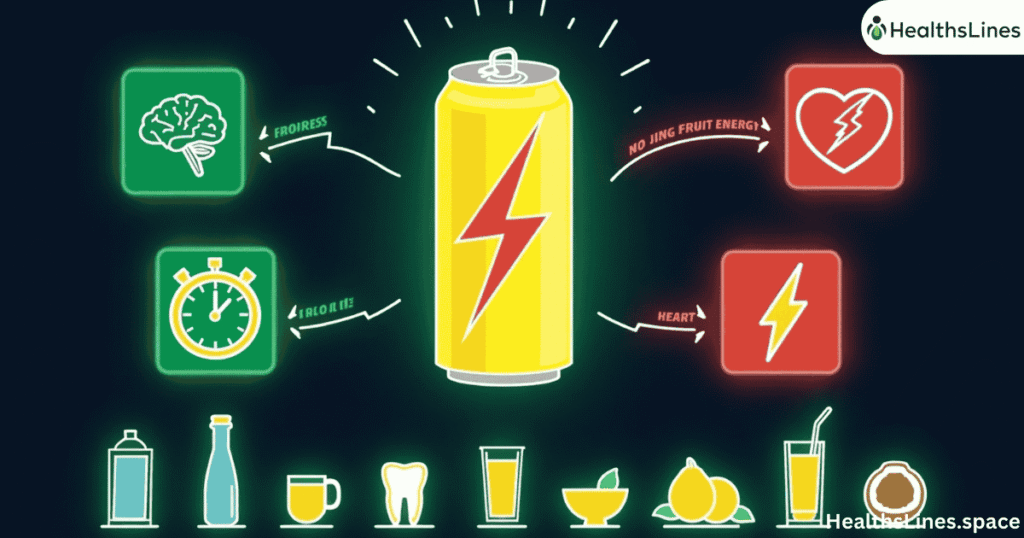
The good news is that you don’t need energy drinks to feel awake. Many natural alternatives to energy drinks give steady power without crashes. Matcha for sustained energy is a favorite, since it combines caffeine with L-theanine, which keeps your focus calm. Protein smoothies for energy give you nutrients and slow-release fuel. Coffee and green tea are classics that work just as well.
Here’s a table that shows how they compare:
| Option | Energy Duration | Side Effects |
| Energy Drink | Quick burst | Crash, jitters, dehydration |
| Coffee | Medium lasting | Jitters if overused |
| Green Tea | Long, gentle | Very few issues |
| Matcha | Steady, calm focus | Mild stomach upset in some |
| Smoothie | Long, nutrient rich | Few side effects |
These natural energy boosters help you avoid problems like energy drink withdrawal while keeping your body healthier in the long run.
Conclusion
So, are energy drinks bad for your health? The short answer is yes if you drink them often, and maybe if you only drink them sometimes. A single can may give you a short lift, but heavy or daily use can cause heart problems, sleep issues, and even addiction. The list of energy drink health risks is long, while the list of real energy drink benefits is short.
You don’t have to quit all at once, but think about safer choices. Try coffee, tea, matcha, or smoothies. Follow the safe caffeine intake per day rule and watch how your body reacts. If you’re hooked, you can learn how to quit energy drinks safely by cutting down slowly and replacing them with natural options. Your body will thank you.The best energy is the kind that comes from rest, good food, and balance. Cans may give you a spark, but nature gives you steady fire.
